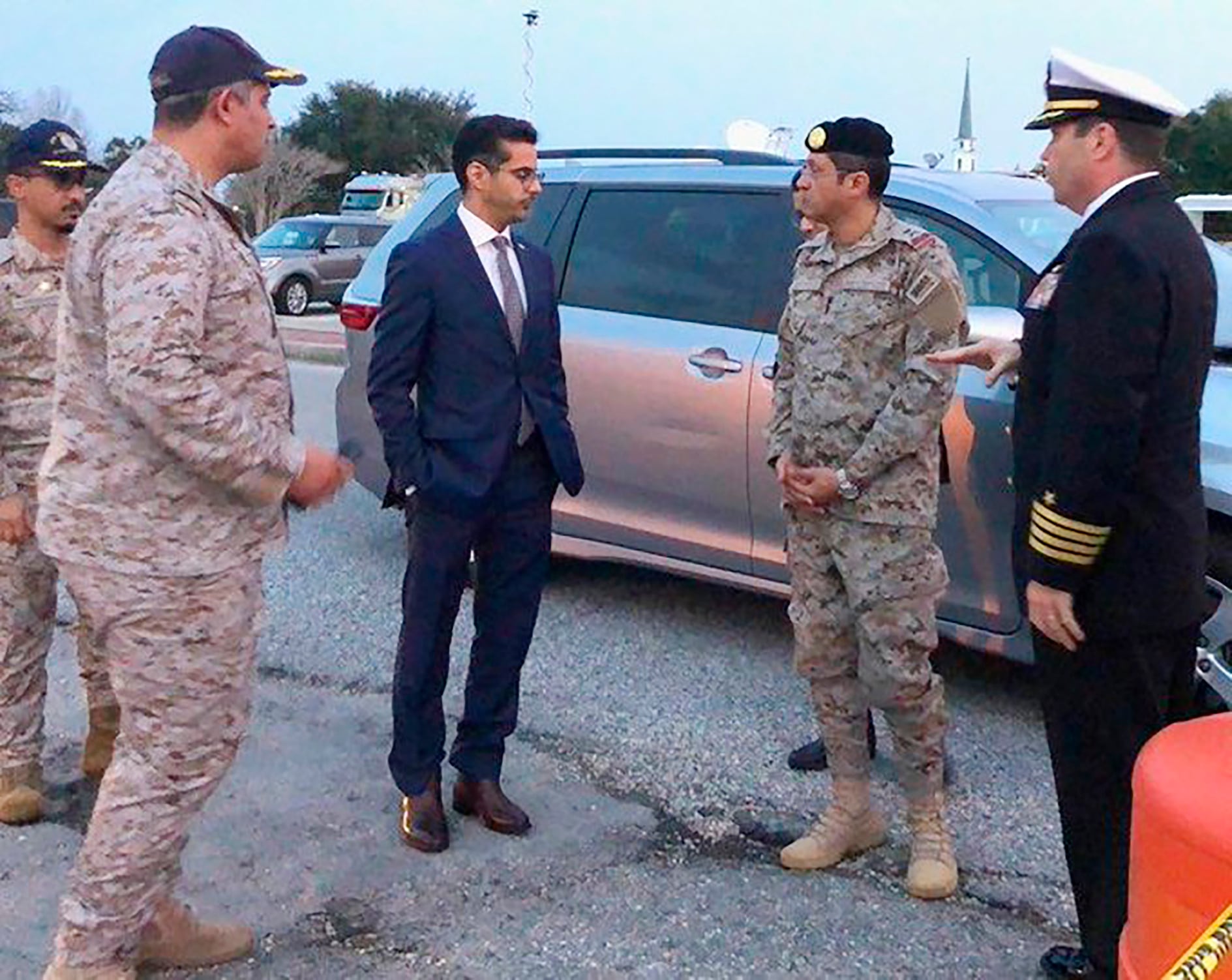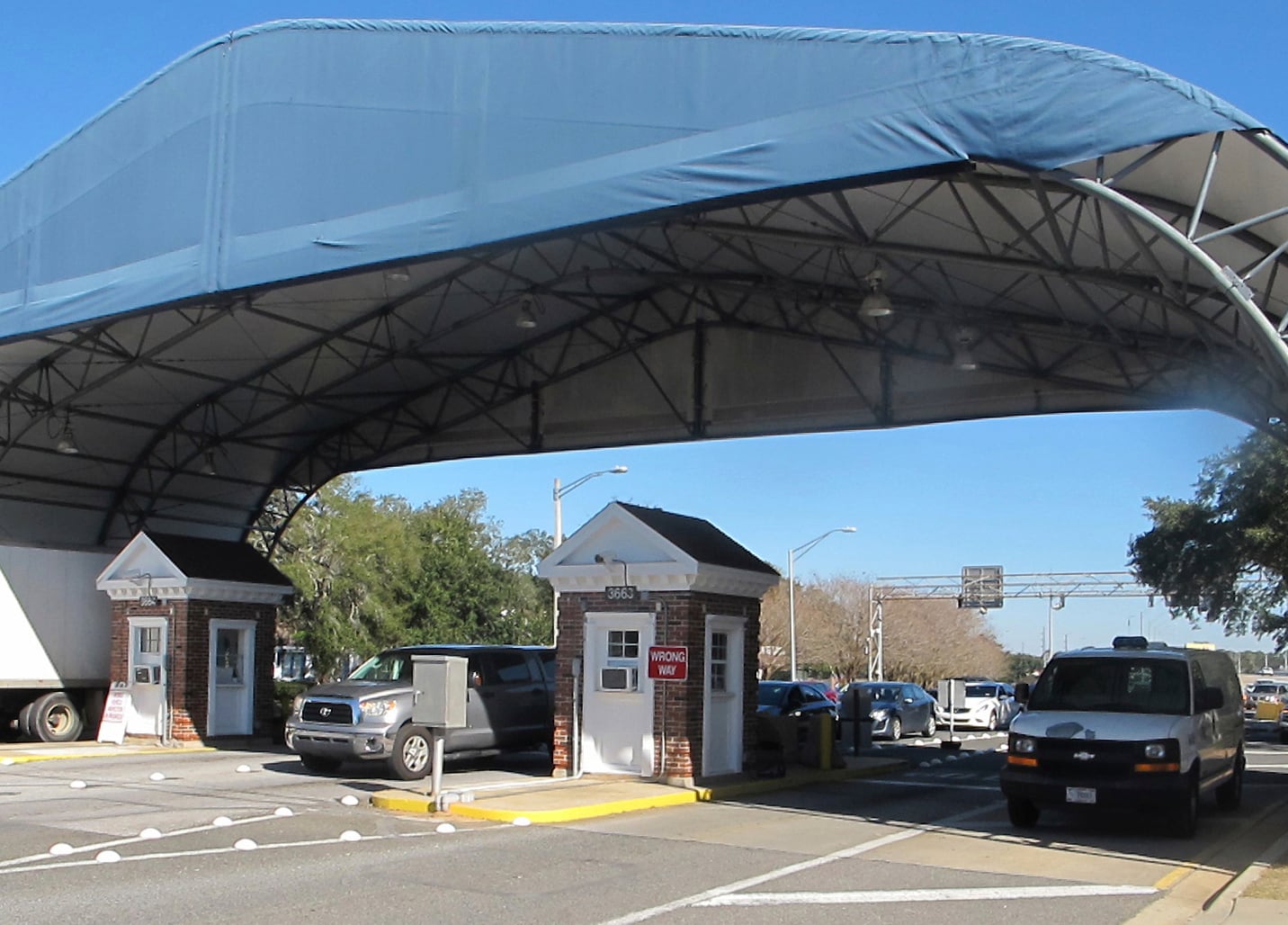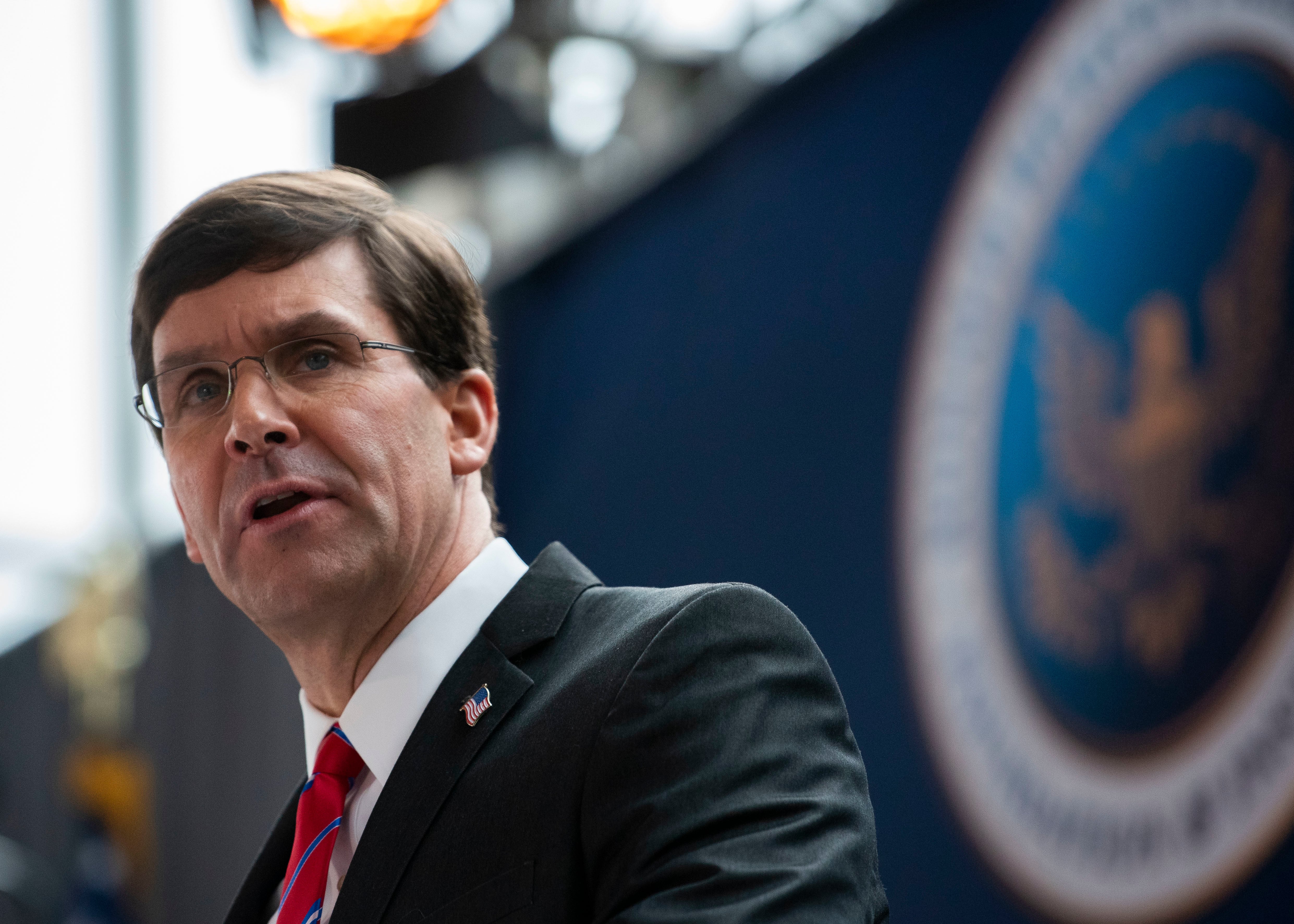Secretary of Defense Mark Esper wants to drastically expand the foreign military training program despite fallout stemming from the deadly shooting at Naval Air Station Pensacola, Florida, that claimed the lives of three service members and wounded eight others.
Speaking at the Council on Foreign Relations on Friday, Esper described America’s foreign military training program as a “critical long-term investment” that “makes for great partnerships."
“I want to increase that by 50 percent over the coming five years,” Esper said Friday at CFR.
There there are roughly 5,181 foreign students from 153 countries in the United States for security cooperation training, the Pentagon told Military Times — 852 of those students are Saudi.
Federal authorities say Saudi Air Force 2nd Lt. Mohammed Alshamrani shot and killed three and wounded eight others with a handgun aboard the Pensacola base on Dec. 6.
RELATED

Florida Republican Sen. Rick Scott called for a review of U.S. military programs that train foreign nationals following the deadly shooting aboard Pensacola.
“I’m extremely concerned by reports that this shooter was a foreign national training on a U.S. military base in Florida,” Scott said in a statement Dec. 6.
“Today, I’m calling for a full review of the U.S. military programs to train foreign nationals on American soil. There is no reason we should be providing state-of-the-art military training to people who wish us harm,” Scott said in the statement.
But military leaders attending the Reagan National Defense Forum in Simi Valley, California, Dec. 7 defended the U.S. military’s foreign military training program and hoped fallout from from the shooting wouldn’t obscure the importance of the program, Military Times reported.
“That’s an advantage we bring as a military,” said Air Force Chief of Staff Gen. David Goldfein at the Reagan National Defense Forum. “We have allies and partners, and often our adversaries don’t.
“My biggest concern would be that we would walk away from those key relationships, folks we know that we need when we go into combat.”
RELATED

“All of us have forces in other countries, and theirs in ours,” Marine Corps Commandant Gen. David Berger told audience members at the Reagan National Defense Forum, Military Times reported.
The U.S. military has suspended operational training for Saudi students across U.S. bases and no new international students will come to the U.S. for training until new vetting procedures are in place, according to the Pentagon.
Johnathan Hoffman told reporters Thursday that about 12 Saudi students who were close to the Saudi gunman are confined to the Pensacola base.
The Pentagon has not detailed what the new vetting procedures will entail but they are expected to be in place soon.
Esper said at CFR that there were somethings the U.S. “could do better” to vet incoming foreign military students.
One of those things is “continuous monitoring” for foreign students when they go home and come back, Esper said Friday.
Shawn Snow is the senior reporter for Marine Corps Times and a Marine Corps veteran.




